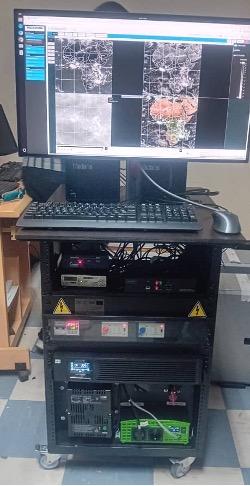Department Resources
Strategic Intervention Axis 1: Enhancing leadership, governance and political commitment
Regional Policy Coherence for the Great Green Wall Initiative: Restoring Land and Sustaining Peace: The Great Green Wall and the Climate–
Regional Policy Coherence for the Great Green Wall Initiative: Soil Health as the Foundation to Realising the Ambitions of the Great Gree
Regional Policy Coherence for the Great Green Wall Initiative Reviving Livestock and Pastoral Systems in Africa’s Drylands: Opportunities
The African Union Commission (AUC) envisions “an integrated continent that is politically united based on the ideals of Pan Africanism an
Highlights of the cooperation with the GIZ-project “Support to the African Union on Migration and Displacement”
Violent extremism is a global issue.
Agenda 2063 is Africa’s development blueprint to achieve inclusive and sustainable socio-economic development over a 50-year period.


